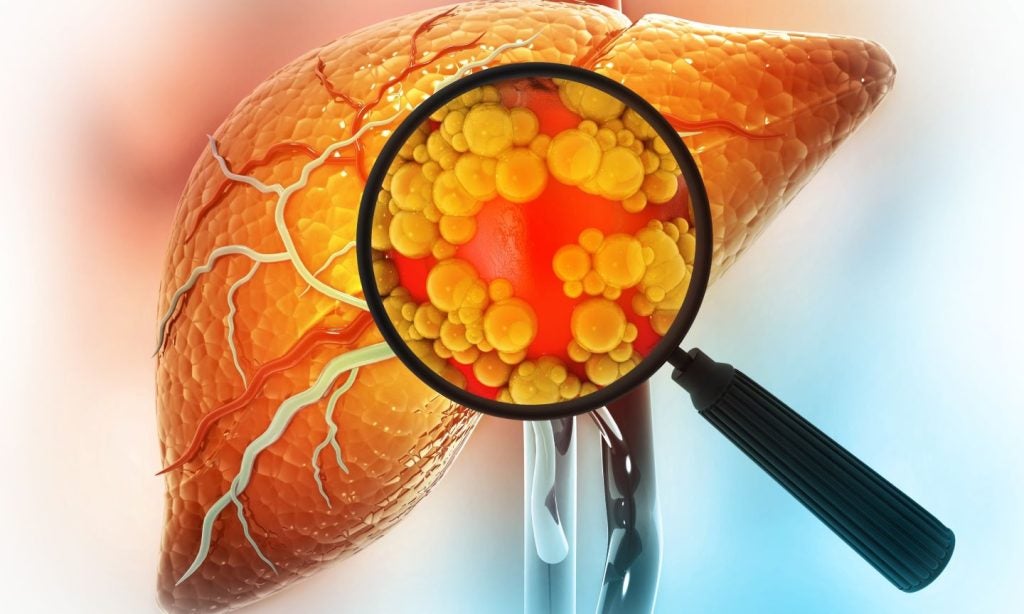The UK government’s decision to set an unprecedented payback rate of 26.5% on National Health Service (NHS) sales of branded medicines in 2023, almost double that of the previous year, has sent shock waves through the pharma industry. This payback rate applies to corporate members of the Voluntary Scheme for Branded Medicines Pricing and Access (VPAS), a five-year scheme initiated in 2019, which returns a proportion of funds to the NHS based on the sales of branded prescription medicines (innovative brands, branded generics, and biosimilars) when a maximum sales growth rate is exceeded. For 2019–23, this was capped at 2% per year.
During 2019–21, when sales being close to predicted levels resulted in single-digit payback rates, the scheme was relatively popular with the pharma sector. However, two successive years of unusually high branded medicine sales figures, following the COVID-19 pandemic and a major post-lockdown surge in demand, have distorted the original model, causing a massive hike in payback rates, first capped at 15% in 2022, then jumping to 26.5% in 2023.
Full details of the government’s 2023 VPAS payment calculation may be accessed on the UK Department of Health and Social Care (DHSC) page here.
Calculations behind the jump in payback rate
The government-calculated 2023 clawback level of 26.5% was based on a projected 2022 year-on-year growth rate of 7.61%, for the total recorded sales of branded medicines and biologics for NHS supply, under the VPAS, Statutory Scheme (non-VPAS companies), and parallel imports. The forecast branded NHS drug sales growth figure for 2023 was adjusted to 5.63%. In 2022, a proposed payback figure of 19.1% was subsequently capped to 15% on consultation with VPAS member companies, but the difference was transferred to 2023, bumping the current payback rate up from an original estimate of 22.6% to the final unprecedented rate of 26.5%. While the last figure may be revised slightly during 2023 as final 2022 sales figures come in, any adjustments are likely to be minor. At this punitive percentage, VPAS member companies may be required to pay back up to GBP3.3 billion ($4.1 billion) to the NHS.
While unbranded generics, sales from smaller companies, and centrally procured products (including vaccines and pandemic-related medicines) are excluded from the VPAS (and are unregulated, being open to free competition), the VPAS still covers a major proportion of pharmaceutical sales in the UK. Participation in the VPAS scheme is voluntary, but the alternative Statutory Scheme carries an even more punitive payback rate (predicted as 27.5% for 2023), and members lose the opportunity to consult directly with the government on key aspects of life science policy or to negotiate directly on the terms of the payback scheme.
See Also:
Pushback from the industry
Responses from pharmaceutical companies since December’s announcement of the payback hike have been swift and cutting. The Association for the British Pharmaceutical Industry (ABPI) claimed the new rate to be “more than double that of any comparable country, taking UK clawbacks to levels normally associated with Romania and Greece”, two countries where punitively high clawback taxes have been implicated in major sustainability problems, leading to drug withdrawals and shortages. Among 13 companies that posted criticisms on the ABPI website on the day of the announcement, AbbVie and Eli Lilly further demonstrated their anger by making high-profile exits from VPAS in mid-January. This action, while unlikely to be directly beneficial to either company because of loss of negotiating power and even higher payback rates under the Statutory Scheme, was still a powerful symbolic gesture. Although other companies have been reluctant to follow suit, Bayer has since made pointed comments in the Financial Times on increasingly “innovation unfriendly” policies emerging in the UK and elsewhere in Europe, citing price control schemes in Germany and France for criticism.
How well do you really know your competitors?
Access the most comprehensive Company Profiles on the market, powered by GlobalData. Save hours of research. Gain competitive edge.

Thank you!
Your download email will arrive shortly
Not ready to buy yet? Download a free sample
We are confident about the unique quality of our Company Profiles. However, we want you to make the most beneficial decision for your business, so we offer a free sample that you can download by submitting the below form
By GlobalDataRegarding a possible replacement, radical reforms are less likely than modifications to the current formula. The clawback structure of the VPAS scheme was previously favored by companies (when percentages were low) as a relatively light-touch price control mechanism. While the current model clearly came unstuck in the wake of an unprecedented period of demand, the grim truth is that the industry will likely have to endure this punitive payback rate for the remainder of 2023, barring a major government stance change. The ABPI has been pushing urgently for high-level talks to hammer out “a completely new future settlement” with sufficient sustainability to help restore the UK’s position as a desirable market and research hub. In the meantime, companies may decide to switch their attention to other territories such as the US or China, risking long-term damage to the UK pharma market.







Related Company Profiles
AbbVie Inc
Bayer AG
National Health Service
Eli Lilly Holdings Limited
ABPI